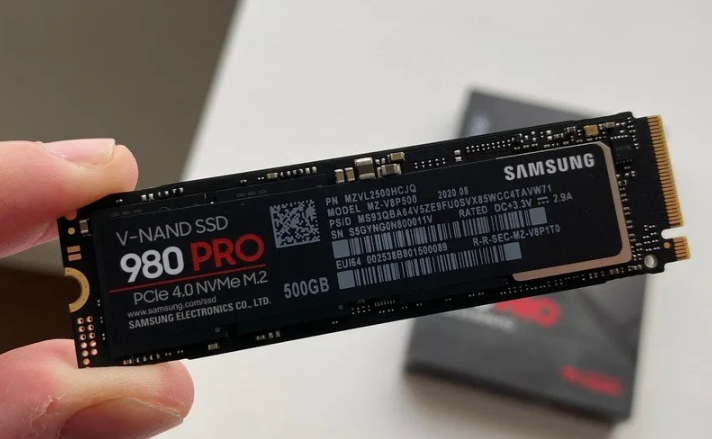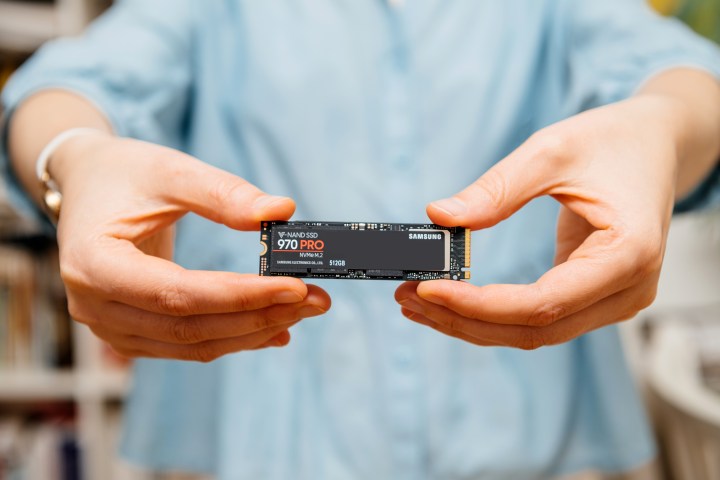
Upgrading your storage has never been easier than it is now. Some of the best SSDs have been on a steady decline in price, meaning that buying an SSD with 1TB or more capacity is as cheap as buying an HDD. However, this buyer’s market might be about to end, as Samsung is taking measures to increase the prices and control the stock levels so that this overflow of affordable SSDs comes to an end.
Trendforce, a market research company, shared the bad news in a recent report. Samsung’s plan is not to directly increase the price of its own SSDs, such as the QVO and EVO lines. Instead, it plans to increase the prices of its NAND flash chips, and it has been doing that for a while now. However, previous price hikes have been nothing compared to the abrupt change it’s plotting this time, as Samsung is planning to push up the prices by 20% per quarter for the first half of 2024.
Previous price adjustments were significantly smaller. Samsung raised the cost of its NAND wafers by a few percent, and then followed up with 10% to 20% increases in the previous quarter. Now, for the first half of 2024, we’re going to see NAND chips become much more expensive.
While Samsung makes its own NAND for its SSDs, it also supplies NAND to third-party vendors. It’s not alone in that market, with other manufacturers such as Micron and SK Hynix competing against it. However, if the prices of Samsung NAND wafers skyrocket — and they might go up by as much as 44% — then the market as a whole is bound to be affected.

This is grim news for PC builders and upgraders, but keep in mind that these increases won’t translate to SSDs being up to 40% more expensive. The final price for the consumer is going to be less impactful, but some of the extra cost is bound to carry over to the end users. Samsung is also reportedly decreasing RAM and NAND production in 2024, as the market has been flush with plenty of SSDs of all sizes. With these adjustments, we might see fewer SSDs up for sale, and the ones that are out there will slowly climb up in pricing.
Don’t worry — we’re not going to enter a storage shortage. If you want to buy an SSD next year, they’ll still be there. However, chances are that you’ll be paying more than you would if you bought extra storage within the next couple of months instead. Seeing as speedy M.2 SSDs fit most modern motherboards, it might be a good time to stock up while they’re cheap.
Editors' Recommendations
- What is SATA? Here’s everything you need to know about it
- What is NVMe? Everything you need to know about high-speed storage
- Apple M2 Ultra: everything you need to know about Apple’s most powerful chip
- This reliable leaker has some bad news about Apple’s M2 Pro chips
- Here’s why people are saying to avoid the $1,199 M2 MacBook Air




